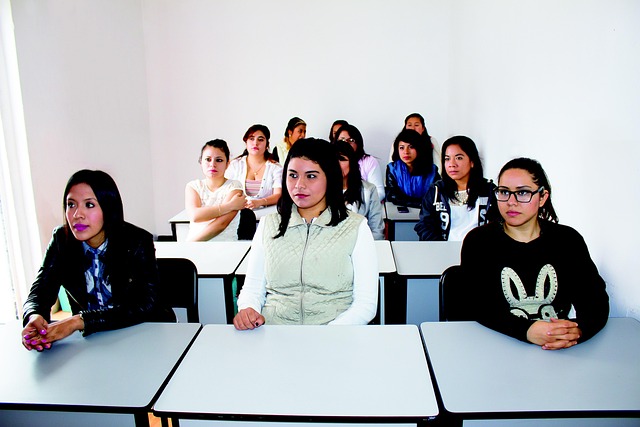Nursing Scholarship Opportunities for Students in Germany
A nursing scholarship can open pathways for students pursuing clinical training, academic degrees, or specialty education. Scholarships reduce financial barriers, support living costs during clinical placements, and can make international education in Germany more accessible. This article explains common scholarship types, application steps, eligibility factors, and how nursing education and funding often interact for students in Germany.

This article is for informational purposes only and should not be considered medical advice. Please consult a qualified healthcare professional for personalized guidance and treatment.
Scholarship options for nursing students
Scholarships for nursing students commonly include merit-based awards, need-based grants, targeted funds for specific specialties (such as gerontology or pediatric nursing), and scholarships tied to employers or training hospitals. Merit awards typically assess academic performance, references, and personal statements. Need-based support requires documentation of financial circumstances. Employer-tied scholarships often ask recipients to commit to working for the sponsor for a defined period after qualification, while private foundations may fund research or advanced study.
Beyond direct scholarships, there are often smaller stipends for conference attendance, travel grants for clinical placements, and scholarship-like bursaries offered by universities or regional authorities. Combining multiple small awards can meaningfully reduce out-of-pocket costs for nursing students.
How to apply for nursing scholarships
Applying effectively begins with a clear timeline: identify deadlines, required documents, and interview dates. Standard application elements include an academic transcript, curriculum vitae, letters of recommendation, a personal statement describing motivation for nursing and career goals, and proof of enrollment or admission. Some scholarships require essays on topical healthcare issues or evidence of community service.
Tailor each application to the funder’s priorities—highlight leadership and clinical experience for practice-focused scholarships, and research interests for academic awards. Keep records of submission confirmations and follow up courteously if timelines are unclear. Many institutions run application workshops or offer guidance through student services to improve application quality.
Nursing education pathways in Germany
Germany offers a mix of vocational and academic routes into nursing. Traditional pathways include a generalist vocational training program combining classroom instruction with extended clinical placements, and bachelor’s degree programs in nursing that integrate research, theory, and practice. Clinical apprenticeships are often part of regulated professional qualification, while university programs may offer additional academic credits and pathways into advanced degrees.
For international students, programs taught in English exist but are less common; many clinical placements require some German-language competence. Nursing education in Germany typically emphasizes practical skills, interprofessional teamwork, and regulated competency standards. Understanding the specific pathway you plan to follow helps target the most relevant scholarship opportunities.
Eligibility and requirements for students
Eligibility criteria vary by funder but commonly include enrollment or conditional admission to a recognized nursing program, demonstrable academic performance, and sometimes a commitment to practice in a particular region or setting. Language requirements are often part of eligibility—programs taught in German frequently expect evidence of language proficiency, whereas some English-language degree programs accept international English tests.
Additional considerations may include professional experience, references from clinical supervisors, and a clear plan for how the scholarship will contribute to your studies and future practice. For applicant groups underrepresented in healthcare—such as first-generation students or those from underserved regions—specific scholarships may offer tailored eligibility and support.
Funding and additional support for nursing education
Aside from scholarships, nursing students can access a mix of financial and in-kind support: tuition waivers where applicable, stipends for clinical placements, travel grants for external training, and employer-sponsored training contracts. Some students fund study through part-time clinical work, paid internships, or contracts with healthcare providers that support education in exchange for service commitments after qualification.
Students should also explore academic support such as mentoring programs, academic counseling, and local services for housing or childcare that reduce indirect costs. Be mindful that funding rules—eligibility, duration, and reporting requirements—vary widely, so review conditions carefully before accepting awards.
Conclusion
Scholarships can be an important component of nursing education financing, helping students manage training costs and focus on clinical learning. By understanding the types of scholarships available, tailoring applications to funder priorities, and considering complementary funding and support options, students in Germany and elsewhere can make informed decisions about financing their nursing education.






